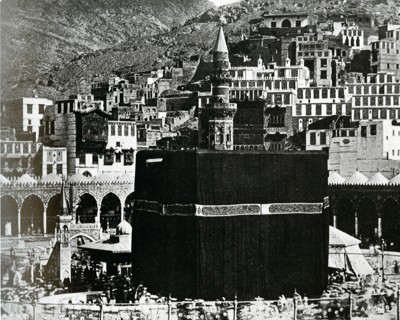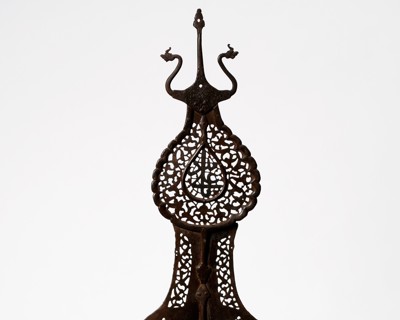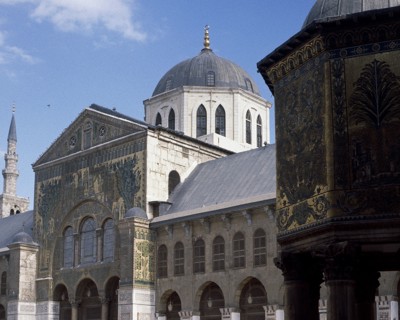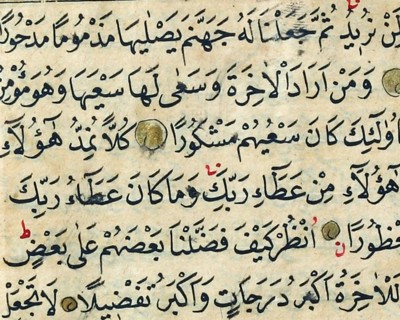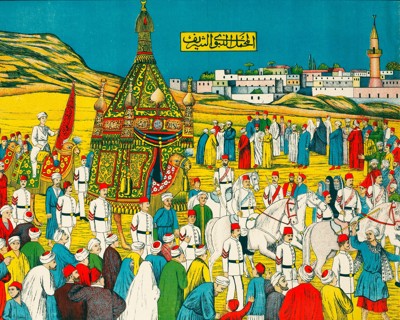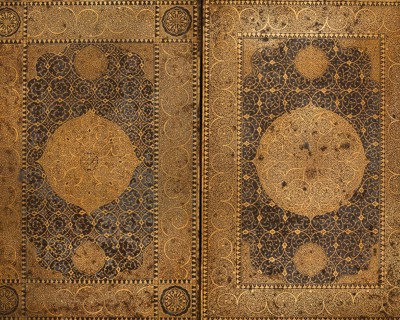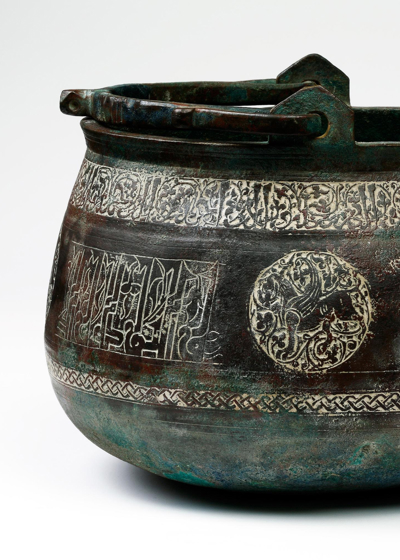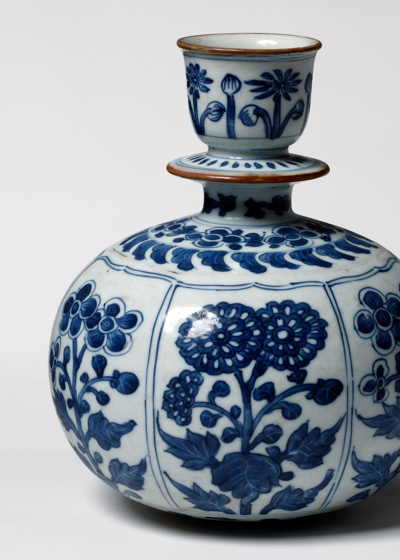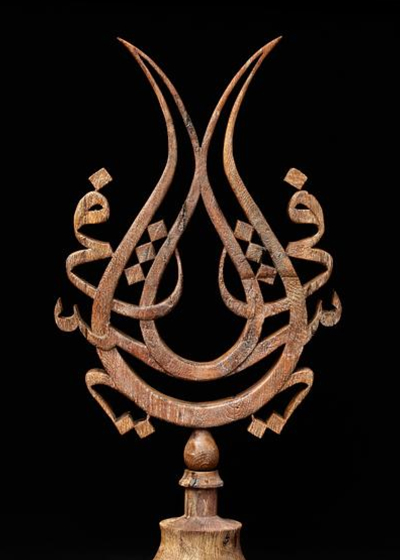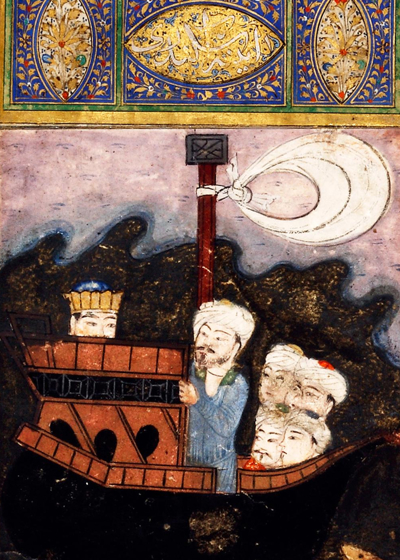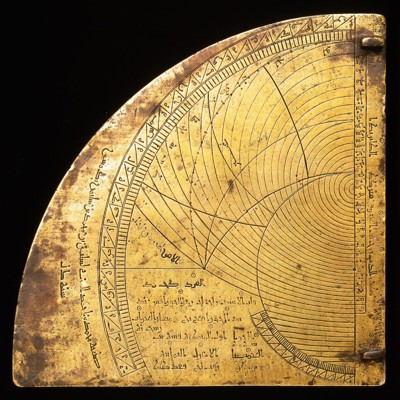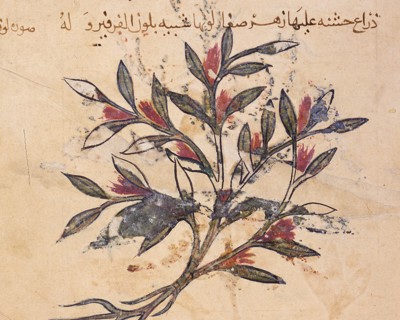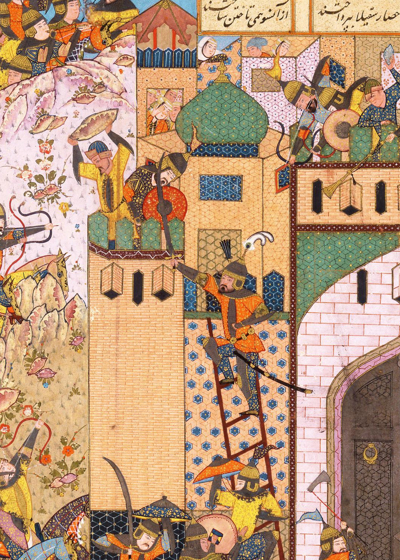The Prophet Muhammad
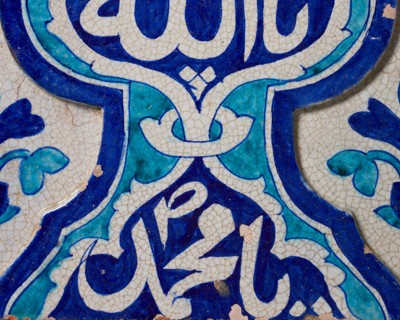
The messenger
The Prophet Muhammad is considered by Muslims to be the last in a long succession of prophets that also includes Moses and Jesus. In contrast to Christianity’s description of Jesus, however, there is no direct link between God and Muhammad. Neither the Prophet Muhammad nor any of the other prophets have been considered sons of God by Muslims, only His messengers.
Muhammad, whose full name was Muhammad ibn Abdallah, was born in 570 in the city of Mecca on the Arabian Peninsula. From various statements in the Koran we can conclude that Muhammad was orphaned at an early age and grew up among relatives, including his uncle Abu Talib. We can also surmise from the Koran that as a young man, he worked as a caravan merchant for a widow named Khadija, whom he married at some point and became the father of four daughters and two sons. The boys both died in infancy, and the last son that was born to Muhammad later also survived for only a short time.
In around 613, Muhammad began to impart the revelations that were later to make up the Koran. According to his own account, Muhammad had received these revelations from God through the Archangel Gabriel in the mountains near Mecca. In the beginning, a few adopted Muhammad’s new teachings and became Muslims, but as a whole, his preaching as a prophet did not make a major impact in the city of his birth.
When he was confronted with growing opposition from Mecca’s leading families, who feared that the new doctrine of the one and omnipotent God could develop into a threat against the city’s status as a multi-religious place of pilgrimage, Muhammad decided in 622 to emigrate to the city of Yathrib, later called Medina. The year of this emigration (hijra) has since been considered the first in the Islamic calendar.
From Medina, Muhammad began to wage war against the citizens of Mecca, and after eight years and many battles, the Muslim forces were able to take the city in 630. This marked the foundation of a religious center for Islamic civilization, and in the following centuries, the new religion spread to Syria, Egypt, the Persian Empire (Iran and Iraq), North Africa, and parts of India. Muhammad died in 632 after a brief illness.
